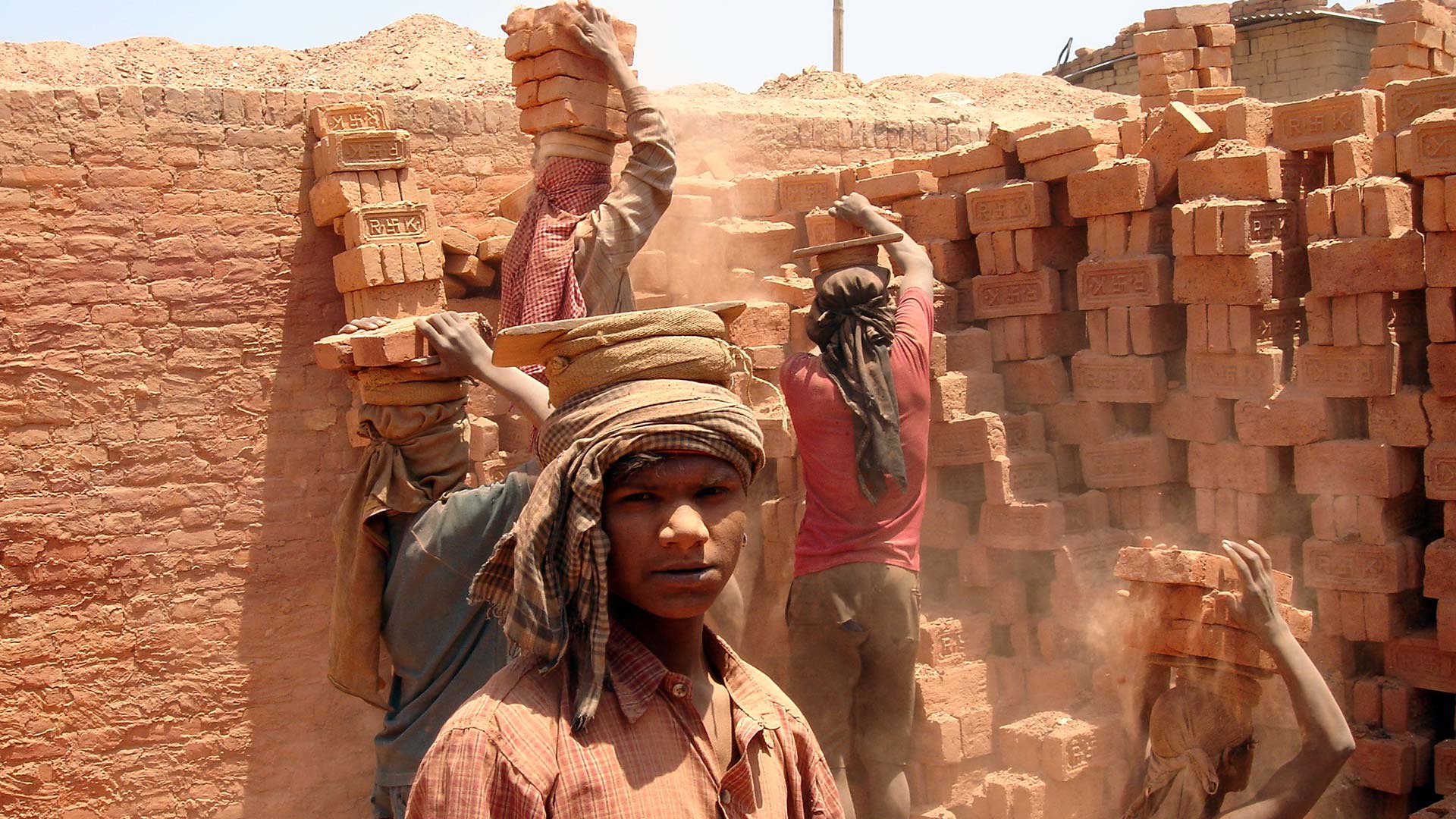Water Supply for Cocoa Farmers in Ghana
Nestlé is reacting to their cocoa farmer’s problem of insufficient access to safe water, hygiene and sanitation. Therefore, as part of its creating shared value (CSV) initiative, Nestlé in cooperation with the International Federation of Red Cross (IFRC) have started to implement water service delivery projects in Ghana for Nestlé’s cocoa farmers. With these projects, Nestlé aims to create value for each party involved.
On the one hand, the provision of safe water to cocoa farmer communities improves people’s health and livelihood. On the other hand, Nestlé increases productivity, efficiency and quality of its suppliers, whereas IFRC gains access to funding in order to accomplish their target of providing water supply to underserved areas.
In the context of Nestlé’s CSV initiative, developing a business model for a truly sustainable water service delivery project presents a complex system. Various actors with different interests and motivations are involved and the success of the project is dependent on a large number of parameters. Out of the different water service delivery options, a water kiosk system can represent a suitable and sustainable solution to cocoa farmer’s need for safe water and is used as the underlying concept in the thesis at hand.
Therefore, with the help of the Business Model Canvas and a Human-Centred Design approach, a toolbox with parameters and questions was elaborated which assists in developing a water kiosk system. These parameters include securing critical physical, human, financial and intellectual resources and finding suitable local partners in order to develop, operate and maintain the water kiosk. Moreover, good relationships with customers and close cooperation with the cocoa farmer communities are crucial for the project’s acceptability and adaptability.
Additionally, the project must generate sufficient revenues to be self-sustaining and thus, achieve financial viability. Finally, the present thesis provides insights on potential risks and challenges associated with the development of a water kiosk project in rural and semi-urban Ghana.

